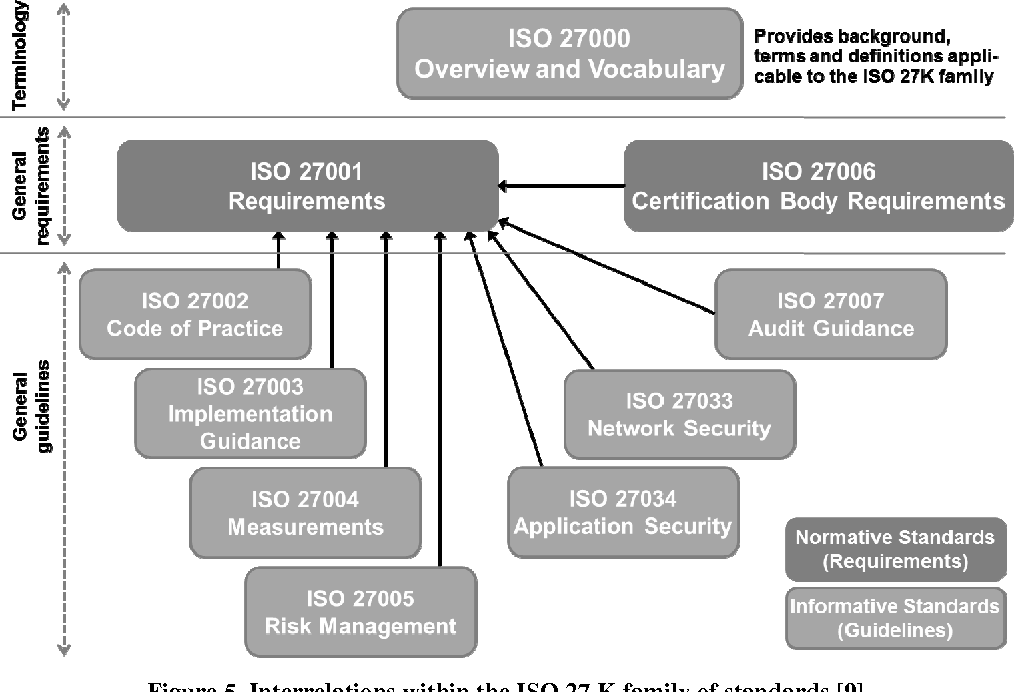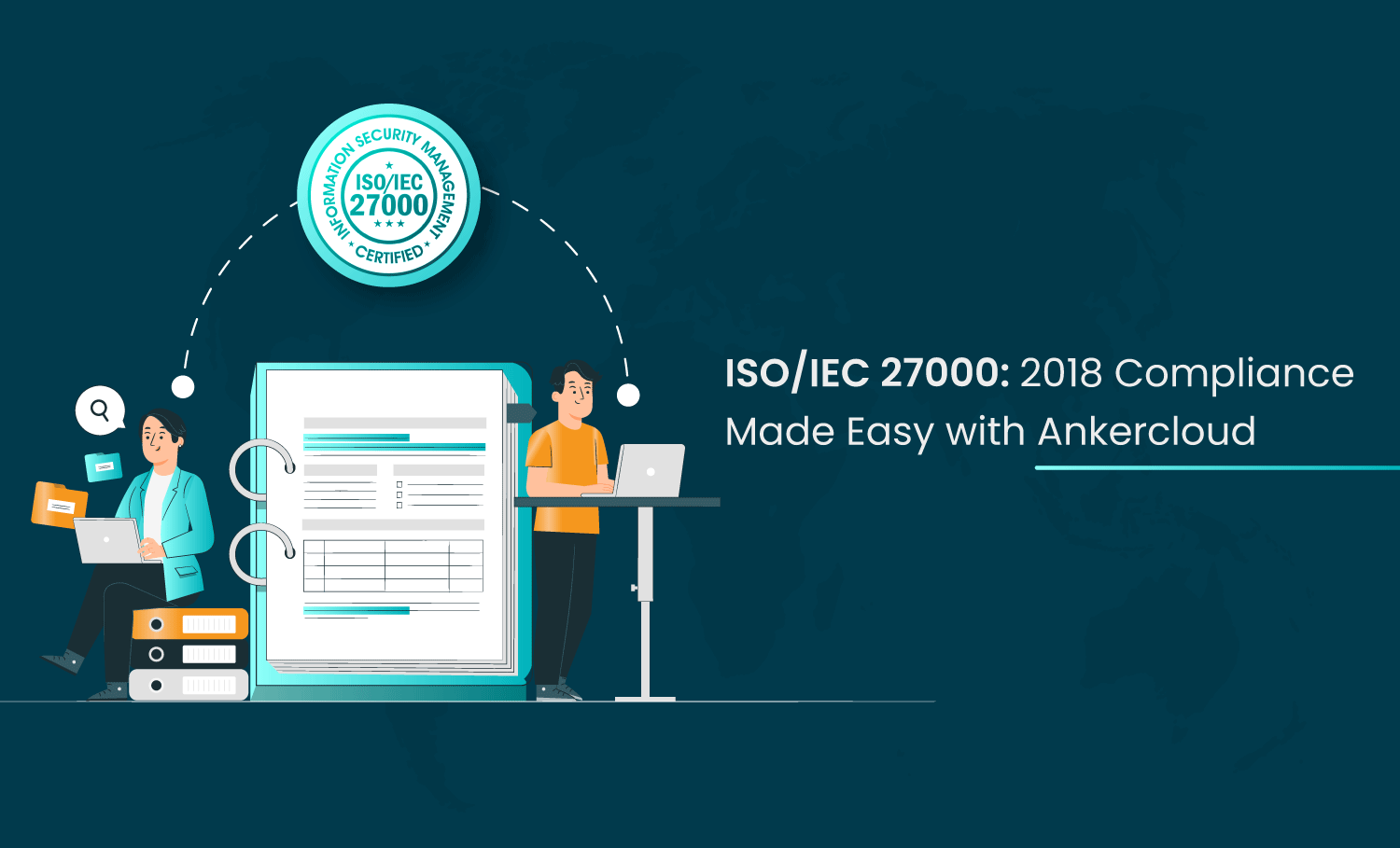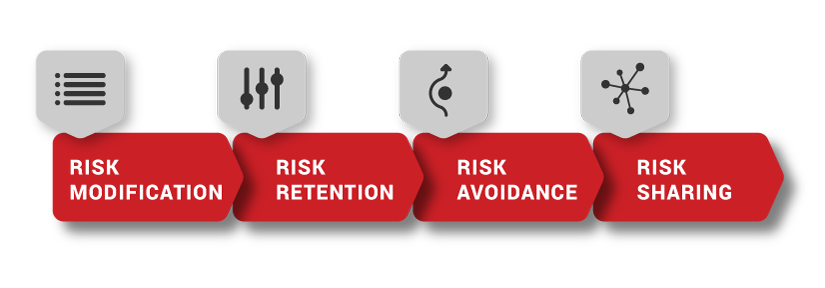DataShield Fortifying Singaporean Systems through ISO 27001
Table of Contents
I. Introduction

In the age of digital connectivity and ever-evolving cyber threats, safeguarding sensitive information is a top priority for organizations, especially in Singapore—a global technology and commerce hub. Facing the escalating challenges of cyber threats, DataShield emerges as a pivotal force in fortifying Singaporean systems through the rigorous implementation of ISO 27001 in Singapore standards.
A. Overview of Data Security Challenges
In today’s interconnected digital landscape, organizations encounter numerous data security challenges jeopardizing the confidentiality, integrity, and availability of sensitive information. The rapid evolution of technology, coupled with sophisticated cyber threats, underscores the need for robust data security measures. Common challenges include unauthorized access, data breaches, ransomware attacks, and the ever-present risk of insider threats.
B. Importance of ISO 27001 in Addressing Cybersecurity Concerns

ISO 27001, a crucial member of the ISO/IEC 27000 family, stands as a globally recognized framework. It aids in establishing, implementing, maintaining, and continually improving an Information Security Management System (ISMS). ISO 27001 in Singapore is particularly vital in addressing cybersecurity concerns by helping organizations identify and mitigate risks, implement security controls, and foster a culture of information security.
C. Focus on Securing Singaporean Systems
Despite being a global hub for technology and business, Singapore is not immune to cyber threats. With critical sectors like finance, healthcare, and government services becoming increasingly digitalized, securing Singaporean systems is paramount. The government actively promotes the adoption of in Singapore as a benchmark for organizations seeking to fortify their cybersecurity posture.
II. Understanding ISO 27001

A. Explanation of ISO 27001 Certification
ISO 27001 certification stands as a globally recognized standard for Information Security Management Systems (ISMS). It provides a systematic framework for organizations to establish, implement, maintain, and continually improve their information security processes. The certification is awarded to organizations demonstrating compliance with the in Singapore standard, showcasing their commitment to safeguarding sensitive information.
B. Key Principles and Standards Involved
ISO 27001 is built on key principles guiding organizations in developing an effective ISMS. Fundamental principles include Risk Assessment and Management, emphasizing the identification and assessment of information security risks, followed by the implementation of controls. The standard outlines controls organized under 14 domains, covering areas like access control, cryptography, incident response, and business continuity. in Singapore promotes a cyclical process of planning, implementing, monitoring, and improving the ISMS.
III. Cybersecurity Landscape in Singapore

A. Overview of Current Cybersecurity Threats
- Advanced Persistent Threats (APTs): Sophisticated, prolonged cyber-attacks aimed at stealing sensitive information or disrupting operations.
- Phishing Attacks: Deceptive attempts to acquire sensitive information, often through fraudulent emails, websites, or messages, targeting individuals or organizations.
- Ransomware Attacks: Malicious software encrypting data, demanding a ransom for its release, posing a severe threat to data integrity and availability.
- Insider Threats: Risks arising from individuals within an organization who misuse their access or compromise information intentionally or unintentionally.
- IoT Vulnerabilities: Increased risk of cyber-attacks exploiting vulnerabilities in interconnected systems due to the proliferation of Internet of Things (IoT) devices.
B. Role of ISO 27001 in Mitigating Risks

In the dynamic landscape of cybersecurity, ISO 27001 stands as a stalwart guardian, providing organizations with a robust framework to identify, prioritize, and mitigate risks effectively. Let’s delve deeper into the multifaceted role this certification plays in fortifying information security.
1. Identify and Prioritize Risks:
empowers organizations with a systematic approach to identify and prioritize risks. Through comprehensive risk assessments, potential vulnerabilities are brought to light, allowing organizations to prioritize mitigation efforts based on the severity and potential impact on information security. This proactive approach ensures a focused and efficient risk management strategy.
2. Implement Security Controls:
One of ISO 27001‘s standout features is its provision of a comprehensive set of security controls tailored to specific organizational needs. These controls cover crucial areas such as access control, encryption, incident response, and business continuity. By implementing these controls, organizations establish a robust defense mechanism against a myriad of cyber threats, bolstering their overall cybersecurity posture.
3. Demonstrate Compliance:
ISO 27001 certification serves as tangible evidence of an organization’s commitment to international best practices in information security. This certification becomes a hallmark of trust, enhancing the confidence of clients, partners, and stakeholders.
IV. Benefits of ISO 27001 Certification
A. Enhanced Data Security

Comprehensive Risk Management:
ISO 27001, when implemented in Singapore, empowers organizations with comprehensive risk management capabilities. The certification facilitates the identification, assessment, and systematic management of information security risks. This systematic approach ensures a more robust defense against emerging threats, providing organizations with the foresight needed to proactively safeguard their sensitive data.
Structured Security Controls:
The standard offers a structured framework for implementing a wide range of security controls. These controls form the backbone of a holistic approach to data protection. From access controls to encryption and incident response, ISO 27001 in Singapore equips organizations with the tools needed to fortify their defense mechanisms against an array of potential cyber threats.
B. Regulatory Compliance
- Alignment with Global Standards: is recognized internationally, aiding organizations in aligning with global best practices in information security.
- Meeting Legal Requirements: Certification assists organizations in meeting legal and regulatory requirements, contributing to a more secure and compliant operational environment.
- Facilitating Cross-Border Business: certification provides a competitive edge, demonstrating a commitment to data security and meeting the expectations of clients and partners.
V. Implementing ISO 27001 in Singapore

A. Steps involved in Obtaining Certification
Conduct an initial assessment to identify gaps between current information security practices and ISO 27001 in Singapore requirements, developing a roadmap for implementation. Define and implement policies, procedures, and processes aligning with the ISO 27001 standard, including risk assessment, treatment plans, and security controls. Train employees on information security practices and create awareness about the importance of ISO 27001 compliance for a security-conscious culture.
B. Common Challenges and How to Overcome Them
Resource Constraints:
Resource constraints can often pose a significant challenge. To overcome this hurdle, organizations should adopt a strategic approach to prioritization. Identify critical areas where resources will have the most significant impact on information security. By aligning resources with high-priority initiatives, organizations can maximize their impact despite limitations.
Resistance to Change:
Resistance to change is a common challenge that organizations encounter during the ISO 27001 implementation journey. To address this, organizations should conduct comprehensive awareness programs. These programs enlighten key stakeholders about the benefits of ISO 27001, dispel misconceptions, and create a collective understanding of the necessity for change.
VI. Conclusion

A. Recap of Key Points
- ISO 27001 Significance: A globally recognized standard for ISMS, offering a systematic approach to safeguarding sensitive information.
- Current Cybersecurity Landscape in Singapore: Evolving threats necessitate proactive measures to fortify data security and resilience.
- Benefits of ISO 27001 Certification: Enhanced data security, regulatory compliance, and increased customer trust.
B. Encouragement for Singaporean Businesses to Prioritize ISO 27001
- Global Recognition: Internationally acknowledged, providing a globally recognized benchmark for information security practices.
- Competitive Edge: Certification enhances credibility, fostering trust with clients, partners, and stakeholders, contributing to a competitive edge.
- Regulatory Alignment: Aligns with global standards, facilitating compliance with legal and regulatory requirements crucial for businesses in Singapore’s dynamic business environment.
In conclusion, adopting ISO 27001 in Singapore is a strategic investment in the long-term security and reputation of Singaporean businesses.
For More Information Please Visit These Websites Craiyon And Arturia





